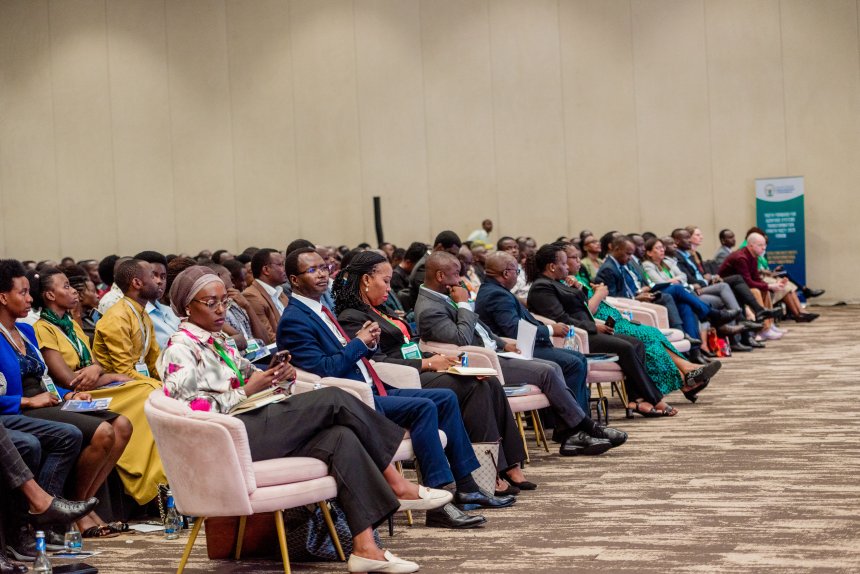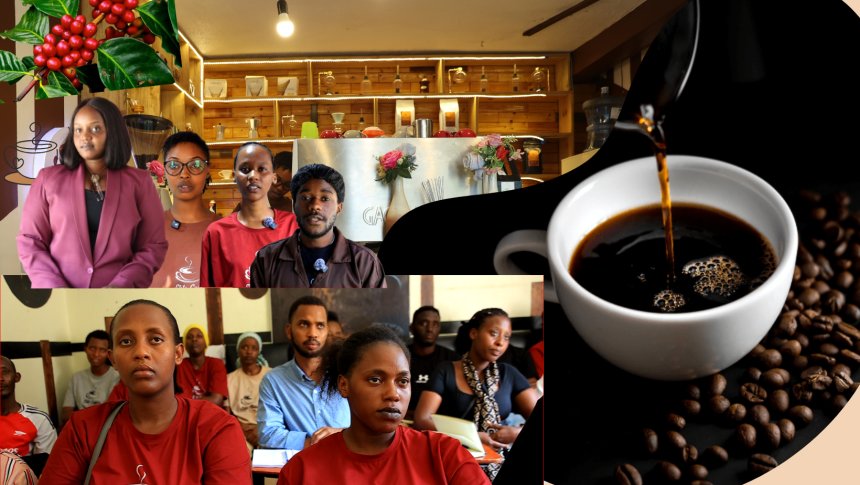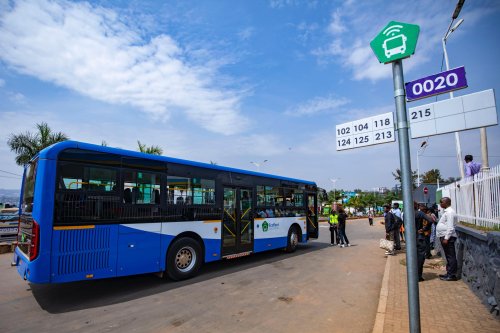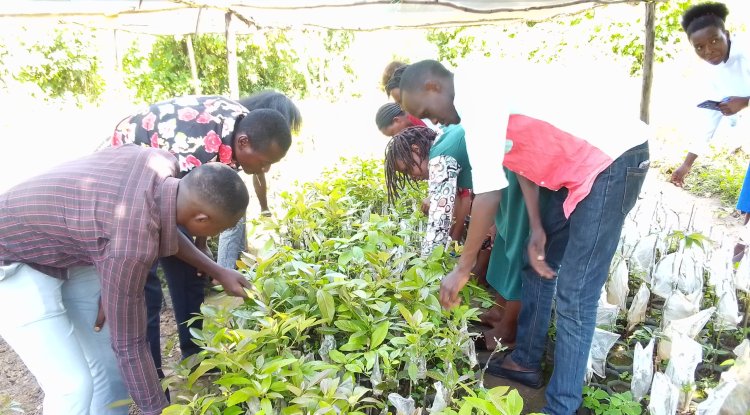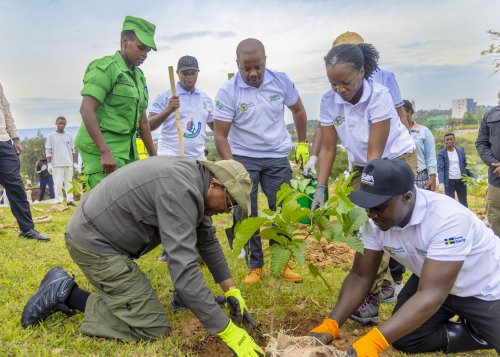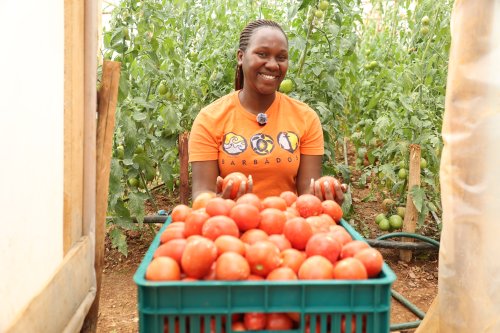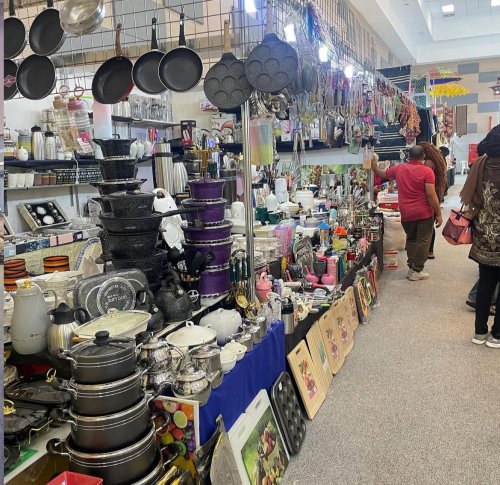Youth Take Center Stage with Bold Agri-Tech Ideas at ACAT 2025 in Kigali
More than 150 young innovators from across Africa gathered today at the Africa Conference on Agricultural Technologies (ACAT 2025), held at the Kigali Convention Centre, to showcase their game-changing agri-tech solutions. From drone-powered pesticide spraying to locally built egg incubators, Africa’s youth are demonstrating that they are not just the future of agriculture they are its present-day trailblazers.
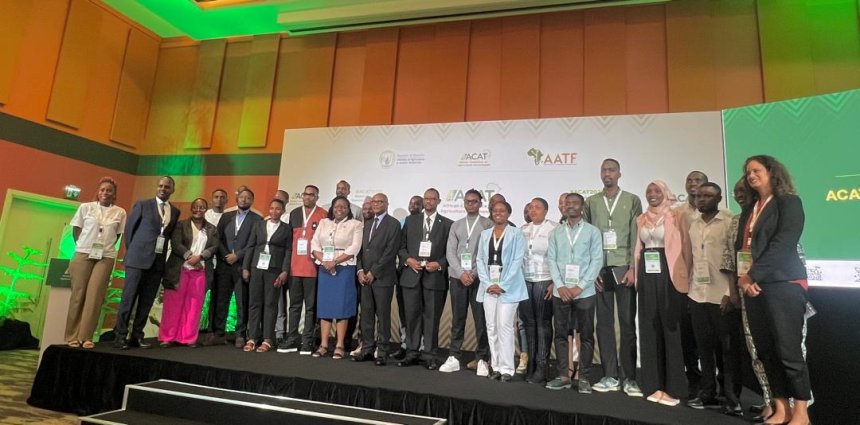
One of the standout innovators was Muyombano Happy Axel, a young Rwandan entrepreneur, who pitched a drone-based pesticide spraying solution aimed at increasing efficiency and cutting costs for farmers.
“We’ve developed an agricultural drone that helps farmers detect plant diseases early,” Axel explained. “A farmer with three hectares of maize would normally need six workers and two weeks to spray pesticides—costing at least 90,000 Rwandan francs. With our drone, the same job is done in one day for 75,000 francs. We are seeking $50,000 to scale this innovation.”
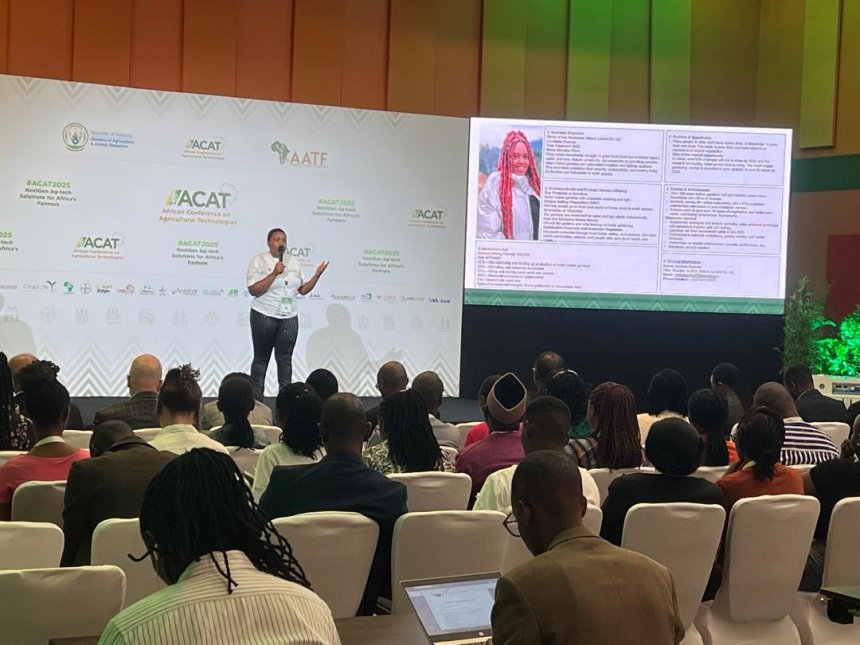
Artificial Intelligence (AI) also featured prominently in youth-led pitches. Fatma Mohammed from Kenya stressed the urgency of leveraging AI in African agriculture.
“Artificial intelligence is one of the most transformative technologies of our time, and we, as African youth, must not be left behind,” she said. “Let’s not fear AI—let’s claim our space in it and use it to transform agriculture.”
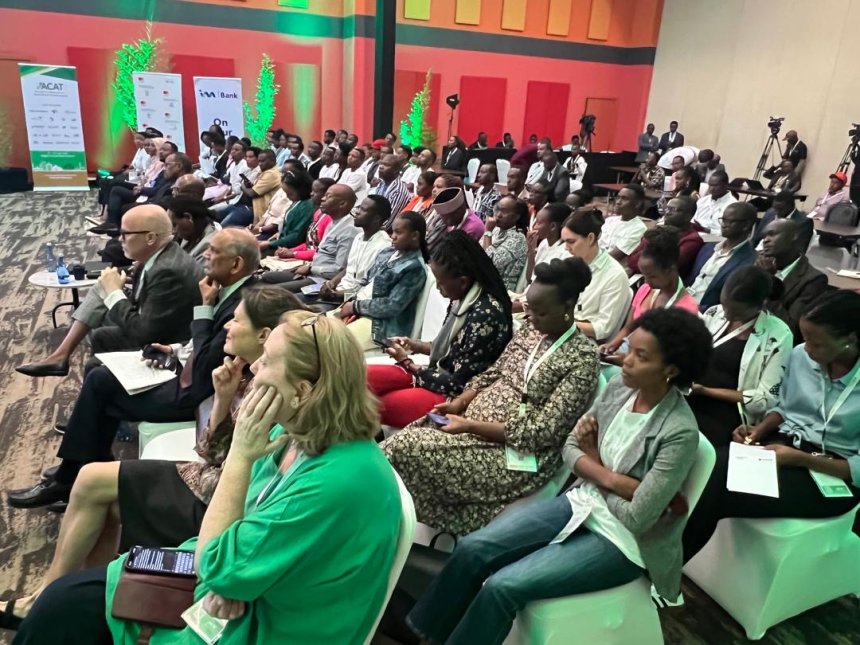
This powerful display of youth innovation was made possible through intentional support from the Alliance for a Green Revolution in Africa (AGRA). Lucia Zigiriza, Senior Partnerships Officer at AGRA Rwanda, emphasized the organization’s commitment to youth inclusion.
“At ACAT 2025, AGRA ensured that youth were not just participants but central figures,” she said. “Today’s B2B session allowed them to pitch directly to investors, financial institutions, and development partners. From drones to egg incubators, these youth-led solutions are inspiring.”
Looking beyond Rwanda, AGRA plans to support a selection of these young entrepreneurs to participate in the upcoming Africa Food Systems Forum in Senegal.
“They’ll have an opportunity to pitch in the Deal Room and potentially secure funding,” Lucia added. “For us, this is not just a conference—it’s a continental movement to empower youth in agriculture.”
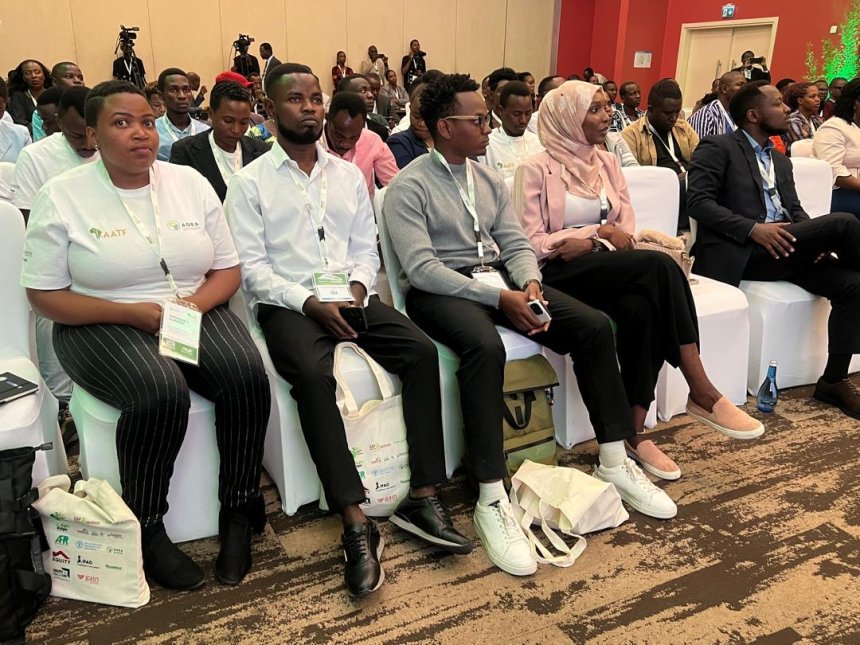
Dr. Agnes Kalibata, former AGRA President and a champion for African agricultural transformation, encouraged the youth to remain fearless and ambitious.
“Any idea that increases our ability to use local resources, create jobs, and empower communities is exactly what Africa needs,” she said. “I applaud your courage to dream. All of us are here to support you.”
The youth-focused sessions also received praise from the Tony Blair Institute for Global Change. Tony Nsanganira, Deputy Country Director in Rwanda, emphasized the importance of nurturing entrepreneurial confidence.
“We want youth to pitch boldly and become job creators,” he said. “This platform even welcomed university students—it's a remarkable starting point.”
Among the inspiring voices was Esther Niyigena, one of the many changemakers who pitched her idea at ACAT 2025.
“AGRA gave us an extraordinary opportunity,” she said. “Being invited to spaces like this as youth shows we are on a path of transformation. It means so much to be heard—and to know that we are shaping the future of African agriculture.”
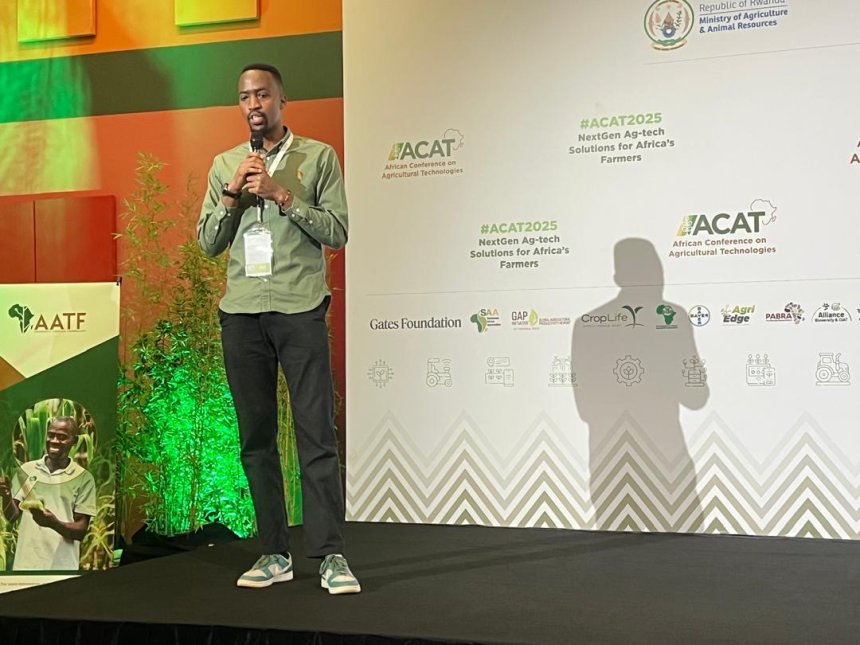
In a strong show of institutional support, Rwandan Minister of Agriculture, Dr. Cyubahiro Bagabe Mark, and the Permanent Secretary at the Ministry of Youth, Brave Ngabo,were present to interact with the youth. Both officials commended the innovations and pledged government support to ensure promising projects receive the backing they need to scale.
As ACAT 2025 continues, it is clear that youth are not just beneficiaries of agricultural transformation—they are leading it. Through technology, creativity, and collaboration, they are planting the seeds for a resilient, inclusive, and food-secure Africa.
END
